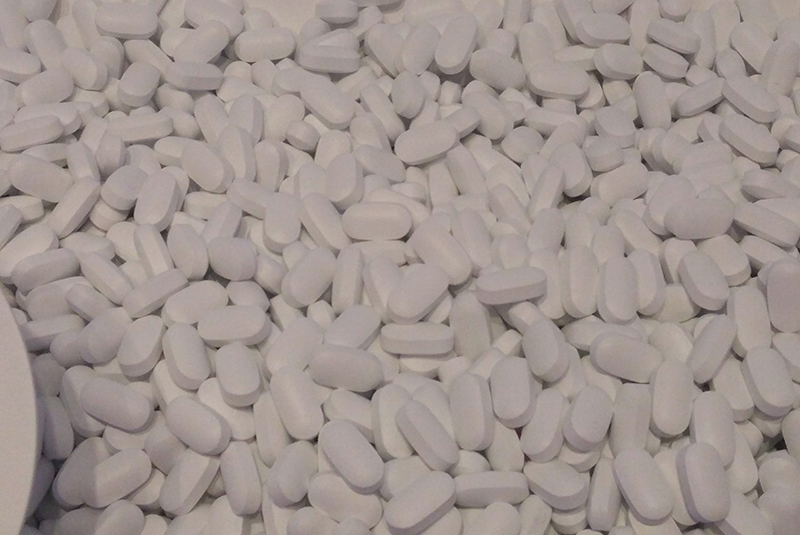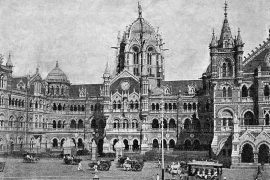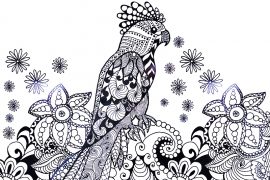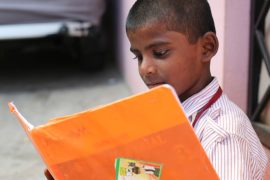Alexander Fleming, the Scottish microbiologist who discovered the world’s first antibiotic substance – the Benzylpenicillin (Penicillin G) – knew the dark side to his discovery. On December 11, 1945, speaking at his Nobel lecture, he sounded a warning:
There is a danger that the ignorant man may easily underdose himself and by exposing his microbes to non-lethal quantities of the drug make them resistant.
Fleming’s warning is prophetic. The unregulated misuse of antibiotics –chemicals made by bacteria and fungi to kill other bacteria – is having its consequences. ‘Superbugs’ – a new strain of bacteria resistant to antibiotics – have evolved, making previously curable diseases untreatable.
It’s an unprecedented public health emergency with devastating consequences. Globally, at least 700,000 people die every year because of such anti-microbial resistance. More than 200,000 newborn babies die each year from infections that do not respond to available drugs. In India alone, it’s estimated that each year, 60,000 newborns die due to antibiotic-resistant infections. There’s also an alarming rise in the rate of antibiotic resistance, especially in intensive care units, creating havoc and rendering surgery impossible.
Copyright©Madras Courier, All Rights Reserved. You may share using our article tools. Please don't cut articles from madrascourier.com and redistribute by email, post to the web, mobile phone or social media.Please send in your feed back and comments to [email protected]











